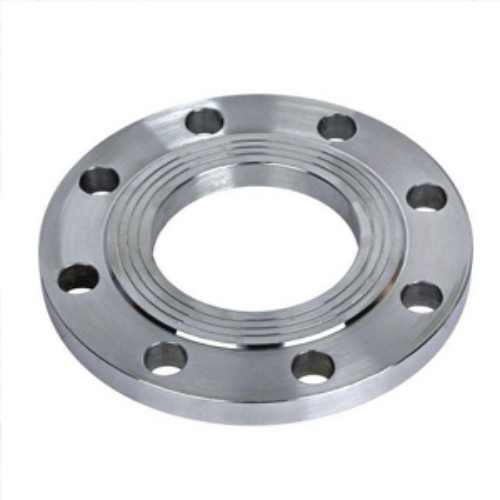oil ball valve
Understanding Oil Ball Valves Essential Components in Fluid Control Systems
Ball valves are integral components in numerous industrial applications, especially in fluid control systems. When it comes to handling oil, the importance of ball valves becomes even more pronounced due to their efficiency and reliability. An oil ball valve, specifically designed for oil-based fluids, plays a critical role in ensuring proper flow management, pressure regulation, and system integrity. In this article, we will explore the various aspects of oil ball valves, including their design, working principles, applications, and advantages.
Design and Structure
An oil ball valve typically consists of a hollow, perforated ball that allows or restricts fluid flow as it rotates within the valve body. The valve comprises three main components the body, the ball, and the stem. The valve body is typically made from durable materials like stainless steel or brass, ensuring it can withstand high pressures and corrosive environments associated with oil transport.
The ball itself is usually made of a robust material like PTFE or brass, featuring a smooth surface that minimizes friction and allows for easy rotation. This design is crucial, as a smoothly functioning valve reduces wear and tear, extending the overall lifespan of the valve in a demanding environment.
How Oil Ball Valves Work
The operation of an oil ball valve is straightforward. When the valve is in the closed position, the ball blocks the flow of oil. By turning the valve handle, the ball rotates 90 degrees, allowing oil to flow freely through the valve. This quick and decisive action makes ball valves highly efficient in applications where rapid on-off control is required.
One of the most significant advantages of oil ball valves is their ability to provide an excellent seal. The design ensures that when the valve is closed, there is minimal leakage, which is vital for preventing spills and ensuring safety in oil handling processes. Furthermore, oil ball valves can be operated manually or automated, making them versatile components in various settings.
Applications of Oil Ball Valves
Oil ball valves find their applications in multiple industries, ranging from oil and gas to manufacturing and chemical processing. In the oil and gas sector, they are commonly used in piping systems for the transportation of crude oil, natural gas, and refined products. Their ability to function effectively under high pressure and extreme temperatures makes them ideal for such demanding environments.
oil ball valve

In manufacturing, oil ball valves are often employed to control the flow of lubricants and oils essential for machinery operation
. The precision of these valves ensures that equipment runs smoothly, reducing downtime and maintenance costs.Additionally, in the chemical processing industry, oil ball valves help regulate the flow of various chemicals, ensuring a safe and efficient production process. Their robustness and reliable sealing capabilities make them indispensable in preventing leaks and spills that could harm the environment or pose safety risks.
Advantages of Oil Ball Valves
The popularity of oil ball valves can be attributed to several advantages they offer
1. Durability Made from high-quality materials, oil ball valves can withstand the corrosive effects of oil and extreme pressure conditions. 2. Reduced Leakage The design of the valve ensures a tight seal, minimizing leakage and the associated risks.
3. Ease of Use The simple operation allows for quick on-off control, making them user-friendly and efficient for various applications.
4. Versatility These valves can be used in a wide range of applications across multiple industries, facilitating fluid control in diverse processes.
5. Low Maintenance With fewer moving parts and a durable design, oil ball valves require minimal maintenance, reducing overall operating costs.
Conclusion
In conclusion, oil ball valves are essential components in the effective management of fluids, particularly oil. Their robust design, efficient operation, and reliability make them a preferred choice in various industrial applications. As industries continue to evolve and demand more advanced fluid control solutions, the importance of oil ball valves will only increase, shaping the future of oil transportation and processing. Understanding their design, functionality, and applications can help businesses leverage these advantages to enhance operational efficiency and safety.
-
The Key to Fluid Control: Exploring the Advantages of Ball Valves in Industrial SystemsNewsJul.09,2025
-
The Versatile World of 1, 2, and 3 Piece Ball ValvesNewsJul.09,2025
-
Stainless Steel Ball Valves: The Ideal Choice for Efficient Flow ControlNewsJul.09,2025
-
Optimizing Fluid Control with Ball Float ValvesNewsJul.09,2025
-
Manual Gate Valves: Essential for Control and EfficiencyNewsJul.09,2025
-
Everything You Need to Know About Butterfly ValvesNewsJul.09,2025
-
The Versatility of Wafer Type Butterfly ValvesNewsJul.08,2025




